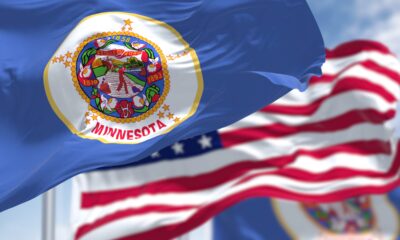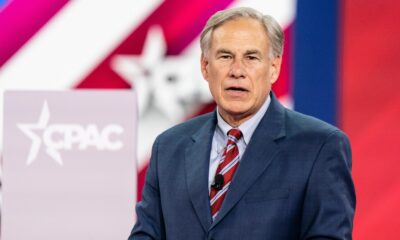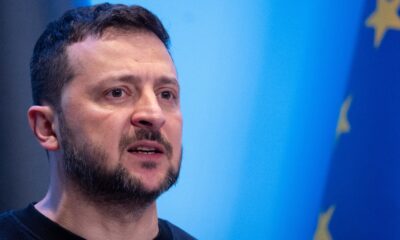Potential Biden Pick Takes Beijing’s Side

Columbia University professor Jeffrey Sachs recently criticized the United States at the China Development Forum, accusing American leaders of undermining Chinese companies like TikTok and escalating trade tensions with Beijing. Sachs called on American business leaders to urge U.S. officials to adopt a more peaceful and cooperative stance toward China.
Sachs’s remarks have been embraced by Chinese state media outlets, such as China Daily and Global Times, which have used his statements to help ease geopolitical tensions. The China Development Forum, sponsored by the Development Research Center of the State Council, serves as an alternative to the World Economic Forum held in Davos. Notable speakers at the forum included Apple’s Tim Cook and Pfizer’s Albert Bourla.
Sachs, a leading critic of American foreign policy and former adviser to China’s State Development Planning Commission, has appeared multiple times on China’s state-controlled media outlets. He has accused conservatives of waging an “unholy crusade” against China, called the U.S. government the “greatest threat” to international law and global peace, and attributed the tension between the U.S. and China primarily to U.S. actions.
Although Sachs has gained popularity among progressives and has been mentioned as a potential cabinet member in a Biden White House, his views on China diverge significantly from the mainstream national security consensus among Democrats and Republicans. James Carafano, a foreign policy expert at the Heritage Foundation, noted that most see China’s malicious activity as a threat, regardless of their opinion on the current administration’s policies.
Sachs has opposed tariffs against China, seeing them as politically motivated policies undermining free trade. This position aligns with former U.S. ambassador to China Max Baucus, an adviser on China policy to the Biden campaign. This connection suggests a Biden administration could soften the U.S. approach to China.
Despite Sachs’s critical view of the United States in the ongoing Russia-Ukraine war, his ties to Chinese elites go back many years. In addition to his work for the Chinese government between 2001 and 2002 on its “Western Development Policy,” Sachs is an advisory board member for the International Poverty Reduction Center in China. Furthermore, documents from a 2016 United Nations forum indicate that Sachs previously served on the advisory board of the nonprofit arm of an indicted Chinese energy company, although Sachs denied this in 2018.
Sachs’s criticisms of U.S. policies and nominations, as well as his connections to Chinese elites, concern those seeking to protect American economic and national security interests. While his views may resonate with some progressives, they diverge from the bipartisan consensus on the need for a strong stance against China’s malicious activities. As we look to the future, American leaders must prioritize the nation’s economic and security interests above all else.
























